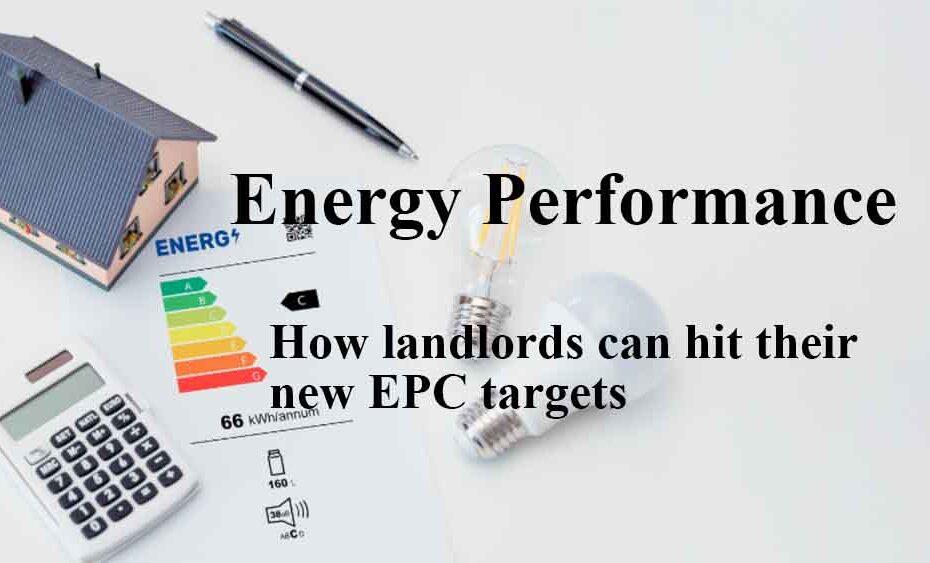How landlords can hit their new EPC targets
Hitting New EPC Targets Economically: A Guide for Landlords
The imperative push towards achieving net-zero targets in the UK has put the spotlight on landlords, compelling them to upgrade the energy efficiency of their properties swiftly. However, these upgrades can potentially translate into substantial expenses, raising concerns among investors.
Understanding EPCs and Enhancing Energy Efficiency
An Energy Performance Certificate (EPC) is a requisite document that signifies a property’s energy efficiency compliance with government standards when selling, leasing, or renting a property. These certificates are graded on energy usage per square meter and annual carbon emissions, graded from A (highly efficient) to G (inefficient).
Landlords are mandated to achieve a C-rating by 2028, as per government proposals, facing potential fines up to £30,000 for properties rated F or G. The EPC offers insights into necessary property improvements for increased efficiency.
Navigating Regulations and Tenant Preferences
Recent consultations on enhancing energy performance in rental properties indicate a proposed shift to achieve EPC C-ratings by 2028, though outcomes are pending publication. While tenants exhibit growing interest in a property’s energy efficiency, rental market competitiveness often supersedes this criterion.
Chris Norris from the National Residential Landlords Association (NRLA) highlights that while energy efficiency ranks lower in tenant preferences, maintaining amenities and space remains pivotal.
Starting the Upgrade Process
The majority of rental properties already meet basic efficiency standards with double-glazing and cavity insulation. Landlords with E or D ratings aiming for a C-rating could initiate quick upgrades by switching to energy-efficient LED bulbs, suggested by Homeserve, to potentially elevate property ratings.
However, uncertainty looms among landlords awaiting government announcements, contemplating whether to prioritize efficient gas boilers or shift focus to electric heating via heat pumps, especially considering their tax implications.
Estimating Upgrade Costs
Raising an E-rated property to the proposed C-rating involves varying costs. The government aims to cap mandatory spending at £10,000 per property, but landlords might incur less, particularly if they leverage cost-effective insulation methods.
Efficient insulation emerges as an economical strategy. Loft insulation costs around £640 for a typical semi-detached house, promising significant savings on energy bills. Cavity wall insulation, averaging £1,000, offers substantial returns in energy savings for homes built post-1920s.
Costs for insulating solid walls or floors vary, especially for older homes. Yet, landlords can explore cost-saving options by procuring materials from online marketplaces or dedicated apps offering discounted or free building materials.
The Role of Heat Pumps and Solar Panels
While the government emphasizes installing heat pumps to meet net-zero targets, landlords aiming solely to enhance EPC ratings need not rush into these costly upgrades. The current grading system, focused on bills rather than carbon output, could penalize installations of such green technology, incentivizing gas usage.
Though from 2035, heat pump installations might become mandatory, until then, landlords focusing solely on EPC improvements need not consider expensive green technologies. Similarly, solar panels, costing approximately £5,500 on average, might not justify their investment solely for efficiency enhancement in rental properties.
Strategizing Cost-Efficient Upgrades
In conclusion, navigating the upgrade process for achieving new EPC targets demands strategic planning by landlords. Prioritizing cost-effective insulation methods and cautious consideration of technology upgrades aligned with regulatory needs can ensure compliance without excessive financial burden. Landlords are encouraged to stay informed and adapt strategies in accordance with evolving government policies to achieve energy efficiency targets economically.

